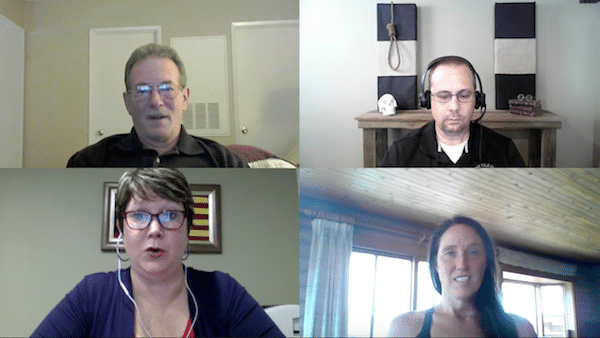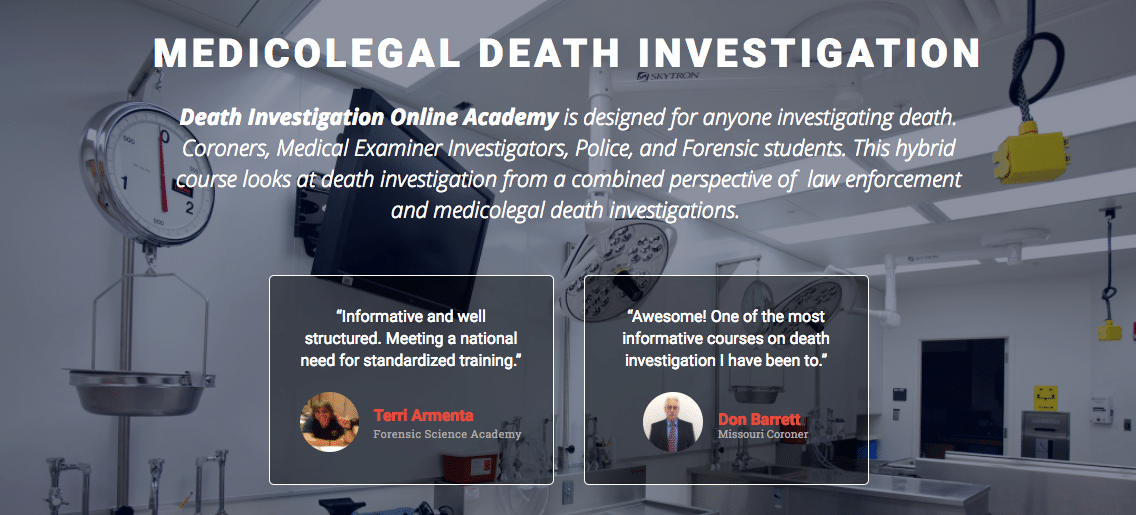 This episode is a recording of a live Q and A session that was held for the MLDI online Academy. It’s interesting because we are able to talk with Anita Brooks on the topic of Secondary Traumatic Stress, Conflict Resolution, and culture issues. Joining us are two Academy students who participate in the discussion.
This episode is a recording of a live Q and A session that was held for the MLDI online Academy. It’s interesting because we are able to talk with Anita Brooks on the topic of Secondary Traumatic Stress, Conflict Resolution, and culture issues. Joining us are two Academy students who participate in the discussion.
Five Basics of Conflict
Conflict is normal and not all conflict is bad
Some conflict is creative and has real positive uses. Sometimes it’s just a matter of differing lifestyles or opinions. Resolved properly these can be very useful.
Good Conflict may deepen superficial relationship
Many times, relationships are very shallow and people never get close enough to ever even have a conflict. Very often when a disagreement occurs the relationship between the two parties deepen, because they have come to know each other better.
Personal growth often occurs through dissonance
Dissonance simply means lack of agreement. Growth often occurs because the social turbulence causes people to look for resolution, therefore, resulting in personal growth. Within law enforcement and among men and women of goodwill, conflict is common, not always bad, and can have positive outcomes.
A model of advocacy may appear to be contention when it is really conflict
This can be an effective way to reach decisions. If a group in a room brings together their own passionate opinions and each expresses them strongly. A disagreement can result. But done correctly and in humility, the end can result in a balanced and successful outcome and decision.
There is a ‘right; way to resolve conflict
The three steps to properly resolving a conflict are:
- Confront the person with whom you have the conflict
- Bring in a peer or supervisor to help moderate the conflict discussion
- File a formal complaint and follow the issue up the chain of command
What is Compassion Fatigue
Compassion fatigue is defined by Dictionary.com as, “fatigue, emotional distress, or apathy resulting from the constant demands of caring for others or from constant appeals from charities.”
Compassion fatigue, also known as secondary traumatic stress (STS), is a condition characterized by a gradual lessening of compassion over time. It is common among individuals that work directly with trauma victims such as nurses, law enforcement, coroners, and first responders.
Sufferers can exhibit several symptoms including hopelessness, a decrease in experiences of pleasure, constant stress and anxiety, sleeplessness or nightmares, and a pervasive negative attitude. This can have detrimental effects on individuals, both professionally and personally, including a decrease in productivity, the inability to focus, and the development of new feelings of incompetency and self-doubt.
 Medicolegal Death Investigation – Online Academy
Medicolegal Death Investigation – Online Academy

 The Death Investigation Training Academy was founded to play an integral role in the death investigation community. The need for quality accredited training is in short supply and high demand. Using a combination of classroom training, live on site scenario exercises, and web-based training, the Death Investigation Training Academy is filling the need of 21st-century investigators.
The Death Investigation Training Academy was founded to play an integral role in the death investigation community. The need for quality accredited training is in short supply and high demand. Using a combination of classroom training, live on site scenario exercises, and web-based training, the Death Investigation Training Academy is filling the need of 21st-century investigators.



